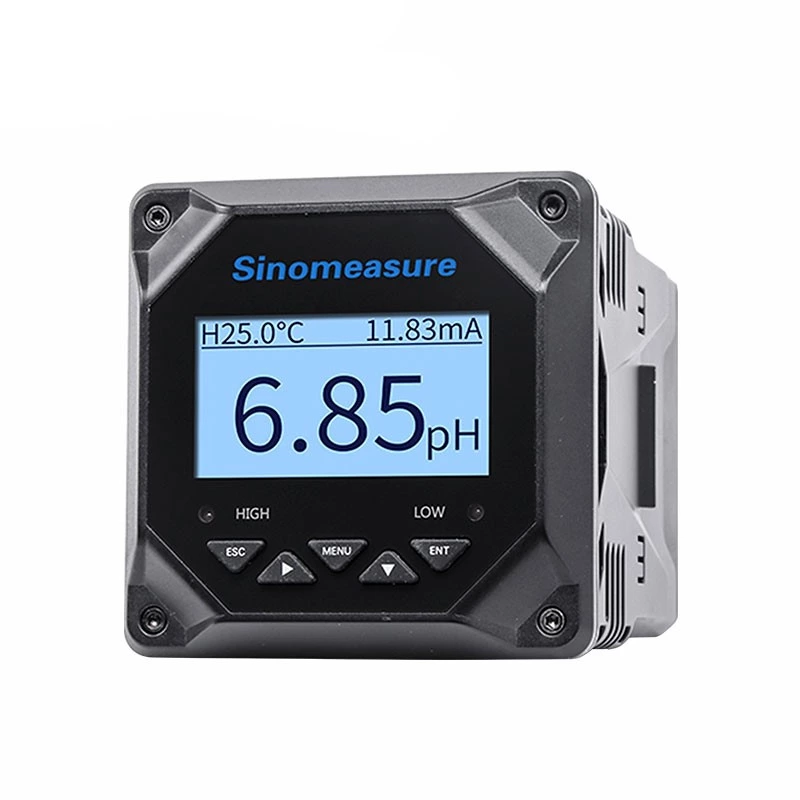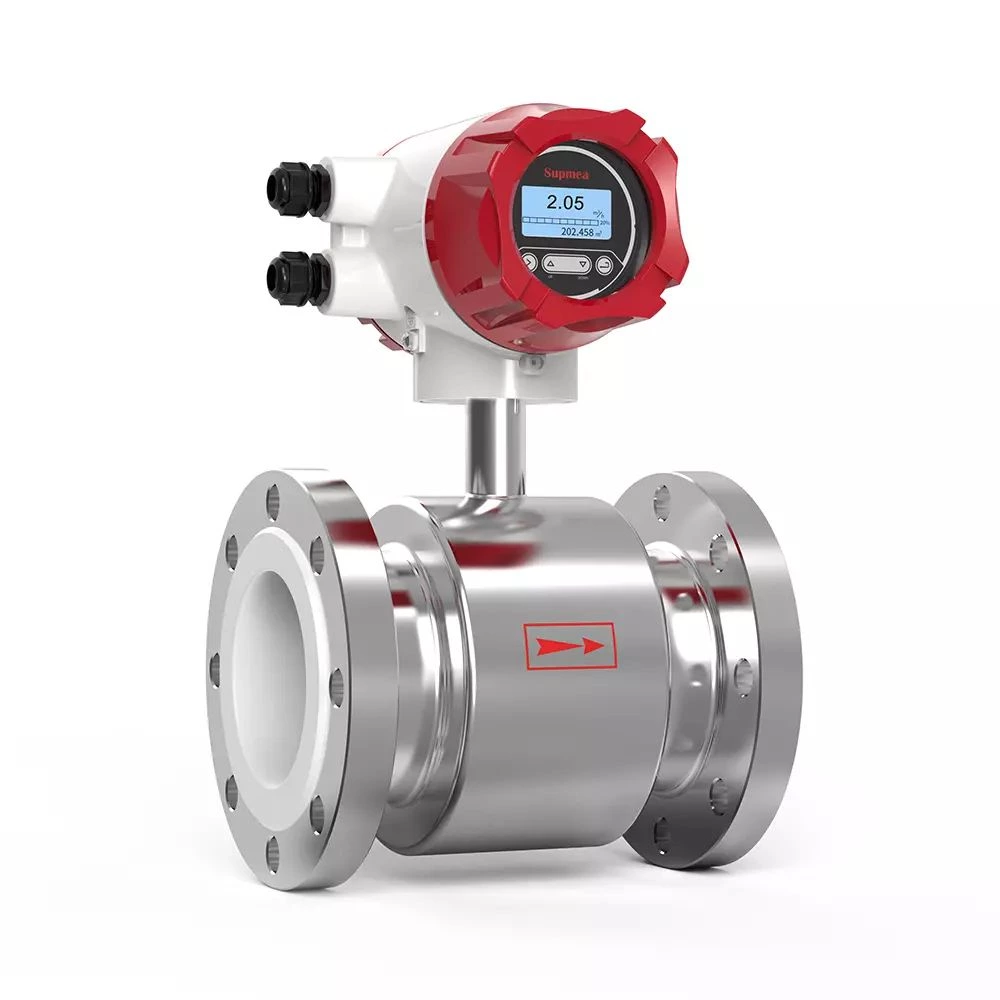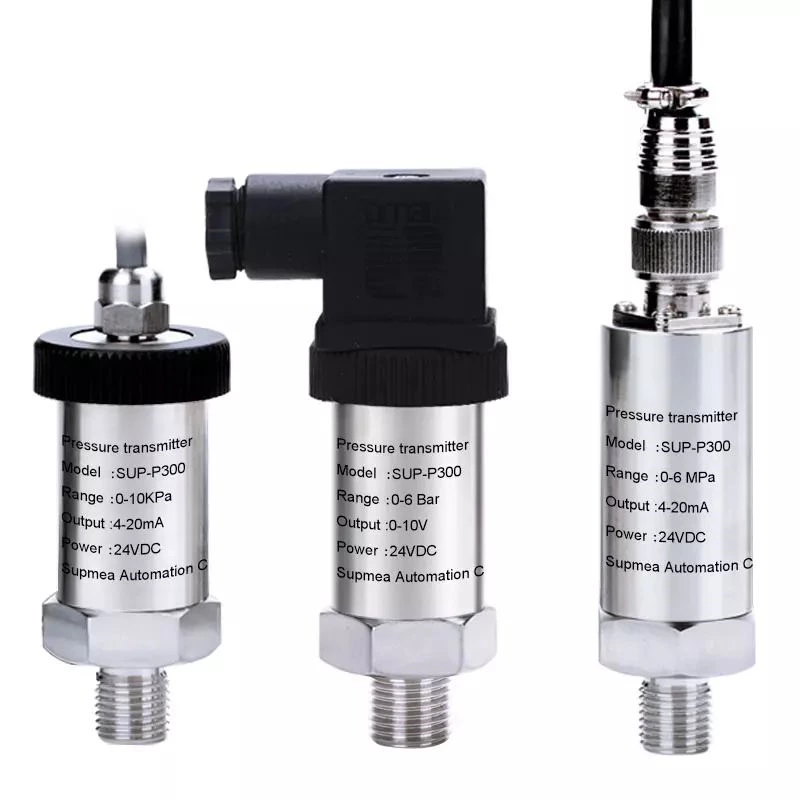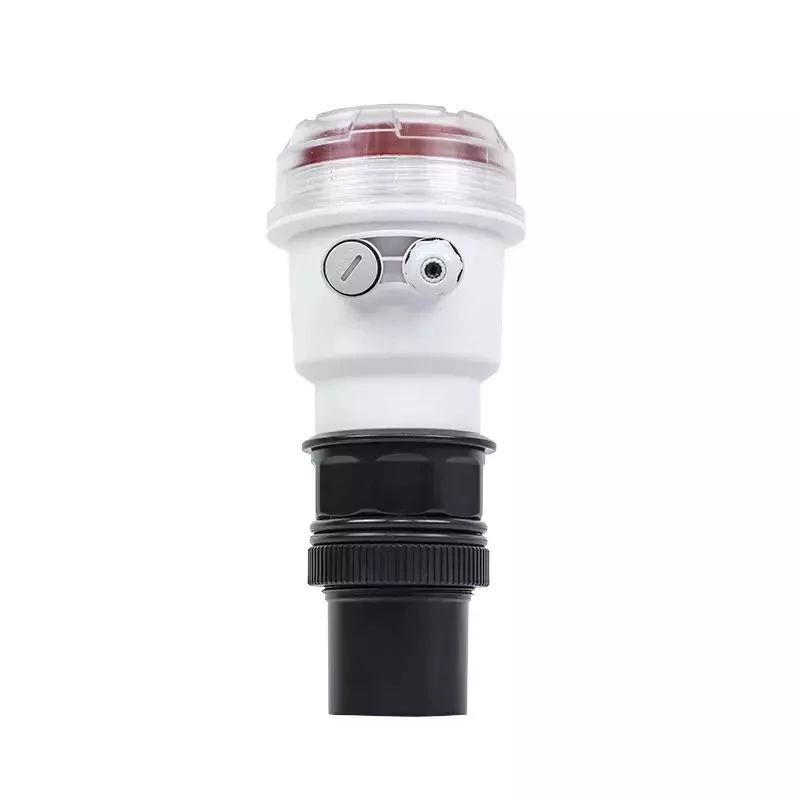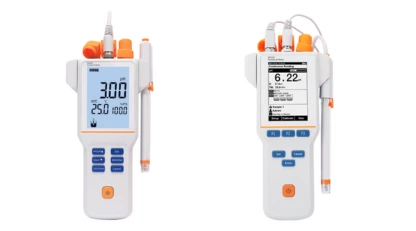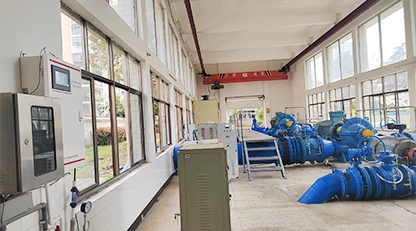The Advantages of Portable pH Meters for On-Site Water Testing
Portable pH meters have become increasingly popular in recent years due to their convenience and ease of use for on-site water testing. These devices offer a number of advantages over traditional laboratory-based methods, making them an ideal choice for a wide range of applications.
One of the key advantages of portable pH meters is their portability. Unlike traditional laboratory-based methods, which require samples to be transported to a central location for analysis, portable pH meters can be taken directly to the point of use. This makes them ideal for on-site water testing in remote or hard-to-reach locations, such as construction sites, industrial facilities, and agricultural fields.
Another advantage of portable pH meters is their speed and accuracy. These devices are designed to provide accurate and reliable pH measurements in a matter of seconds, allowing users to quickly and easily assess the quality of water samples. This is particularly important in situations where time is of the essence, such as when testing for contaminants or monitoring water quality in real-time.
In addition to their speed and accuracy, portable pH meters are also highly versatile. These devices can be used to test a wide range of water samples, including drinking water, wastewater, surface water, and groundwater. They can also be used to test for a variety of parameters beyond pH, including conductivity, temperature, and dissolved oxygen.
Perhaps one of the biggest advantages of portable pH meters is their cost-effectiveness. Traditional laboratory-based methods can be expensive and time-consuming, requiring specialized equipment and trained personnel. Portable pH meters, on the other hand, are relatively inexpensive and require minimal training to use effectively. This makes them an ideal choice for small businesses, municipalities, and other organizations with limited budgets or resources.
Despite their many advantages, it is important to note that portable pH meters are not without their limitations. Like all measurement devices, they require proper calibration and maintenance to ensure accurate and reliable results. Additionally, they may not be suitable for all applications, particularly those requiring more complex or specialized analyses.
In conclusion, portable pH meters offer a number of advantages for on-site water testing, including portability, speed and accuracy, versatility, and cost-effectiveness. While they may not be suitable for all applications, these devices are an excellent choice for a wide range of industries and organizations looking to improve their water quality monitoring capabilities. With proper calibration and maintenance, portable pH meters can provide reliable and accurate results for years to come.
FAQs of Portable pH Meters
Portable pH meters are a popular tool for measuring the acidity or alkalinity of a solution. Here are some frequently asked questions about these devices.
1. What is a portable pH meter?
A portable pH meter is a handheld device used to measure the pH of a solution. It consists of a probe that is inserted into the solution and a display that shows the pH value.
2. How accurate are portable pH meters?
The accuracy of a portable pH meter depends on the quality of the device and the calibration process. High-quality meters can have an accuracy of +/- 0.01 pH units, while lower-quality meters may have an accuracy of +/- 0.1 pH units.
3. How do I calibrate my portable pH meter?
To calibrate a portable pH meter, you will need calibration solutions with known pH values. Simply immerse the probe in the calibration solution and adjust the meter until it displays the correct value.
4. How often should I calibrate my portable pH meter?
The frequency of calibration depends on how often you use the meter and the conditions in which it is used. In general, it is recommended to calibrate the meter before each use and to recalibrate it every few hours of continuous use.
5. Can portable pH meters be used for all types of solutions?
Portable pH meters can be used for a wide range of solutions, including water, food and beverages, and chemicals. However, some solutions may require special probes or calibration procedures.
6. How do I store my portable pH meter?
To ensure the longevity of your portable pH meter, it is important to store it properly. Keep it in a dry, cool place, and make sure to remove the batteries when not in use.
7. How long do portable pH meters last?
The lifespan of a portable pH meter depends on its quality and how well it is maintained. With proper care and regular calibration, a high-quality meter can last for several years.
Portable pH meters are a valuable tool for measuring the acidity or alkalinity of a solution. By understanding how to use and maintain these devices, you can ensure accurate and reliable results for your applications.

